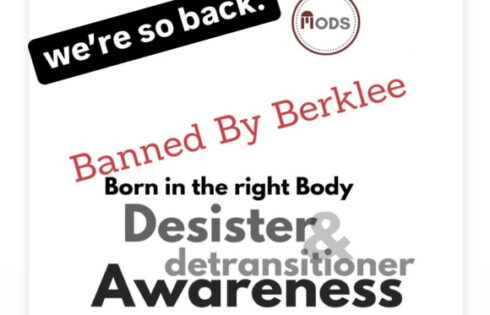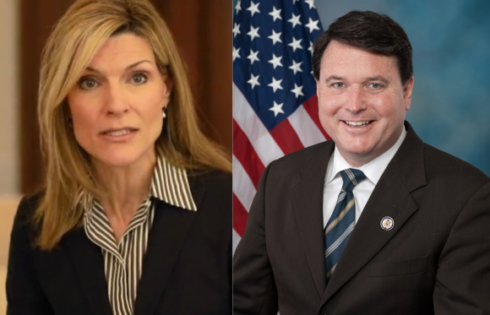
The University of Missouri has gotten tons of press (the efforts of one Melissa Click notwithstanding) these last few months, due primarily to the protests of those who believe the college was insufficiently responsive to racist incidents around campus.
However, “missing from that coverage” FIRE’s Samantha Harris writes, “is the fact that UM maintains written policies restricting its students’ constitutionally protected free speech rights.”
For instance, if you want to distribute flyers or other such literature around campus, unless it is “published by the University or by a University-recognized student organization,” you’re out of luck.
And if the literature does meet those requirements, it still has to be approved in writing by the university administration and include the name and address of the publisher along with any names of “several editors and officers of the publication.”
Given these, might you think twice about, say, criticizing the Mizzou administration?
Unsurprisingly, given the obvious chilling effect on free speech, both of these restrictions conflict with longstanding First Amendment jurisprudence. With regard to the prior approval requirement, the Supreme Court of the United States has stated that “[i]t is offensive—not only to the values protected by the First Amendment, but to the very notion of a free society—that in the context of everyday public discourse a citizen must first inform the government of her desire to speak to her neighbors and then obtain a permit to do so.” Watchtower Bible and Tract Society of NY, Inc. v. Village of Stratton, 536 U.S. 150, 165–66 (2002).
RELATED: Missouri students would have to study freedom of speech under state bill
Additionally, anonymous speech, including the anonymous distribution of literature, is protected by the First Amendment. In Talley v. California, 362 U.S. 60 (1960), the Supreme Court held unconstitutional a municipal ordinance that—just like UM’s policy—banned the distribution of literature unless it included the publisher’s name and address. Noting that “[p]ersecuted groups and sects from time to time throughout history have been able to criticize oppressive practices and laws either anonymously or not at all,” the Court ruled that the ordinance in question was void on its face because “identification and fear of reprisal might deter perfectly peaceful discussions of public matters of importance.” Talley, 362 U.S. at 64–65.
As a public university, UM cannot constitutionally require its students to obtain prior approval and provide their names and addresses before distributing literature on campus. For this reason, UM’s policy on literature distribution is our May 2016 Speech Code of the Month.
Back in January, a Missouri state legislator introduced a bill which would make study of the First Amendment a requirement at state colleges. The three-credit course includes “the study of freedom of speech as embodied in the First Amendment, discussion of the concepts of freedom of inquiry and the history of speech suppression in the U.S. and other countries.”
RELATED: Governor candidates promise to clean house at protest-plagued University of Missouri
RELATED: Univ. of Missouri student: ‘Several of us are afraid to disagree with other students’
Like The College Fix on Facebook / Follow us on Twitter
IMAGE: Shutterstock






Please join the conversation about our stories on Facebook, Twitter, Instagram, Reddit, MeWe, Rumble, Gab, Minds and Gettr.